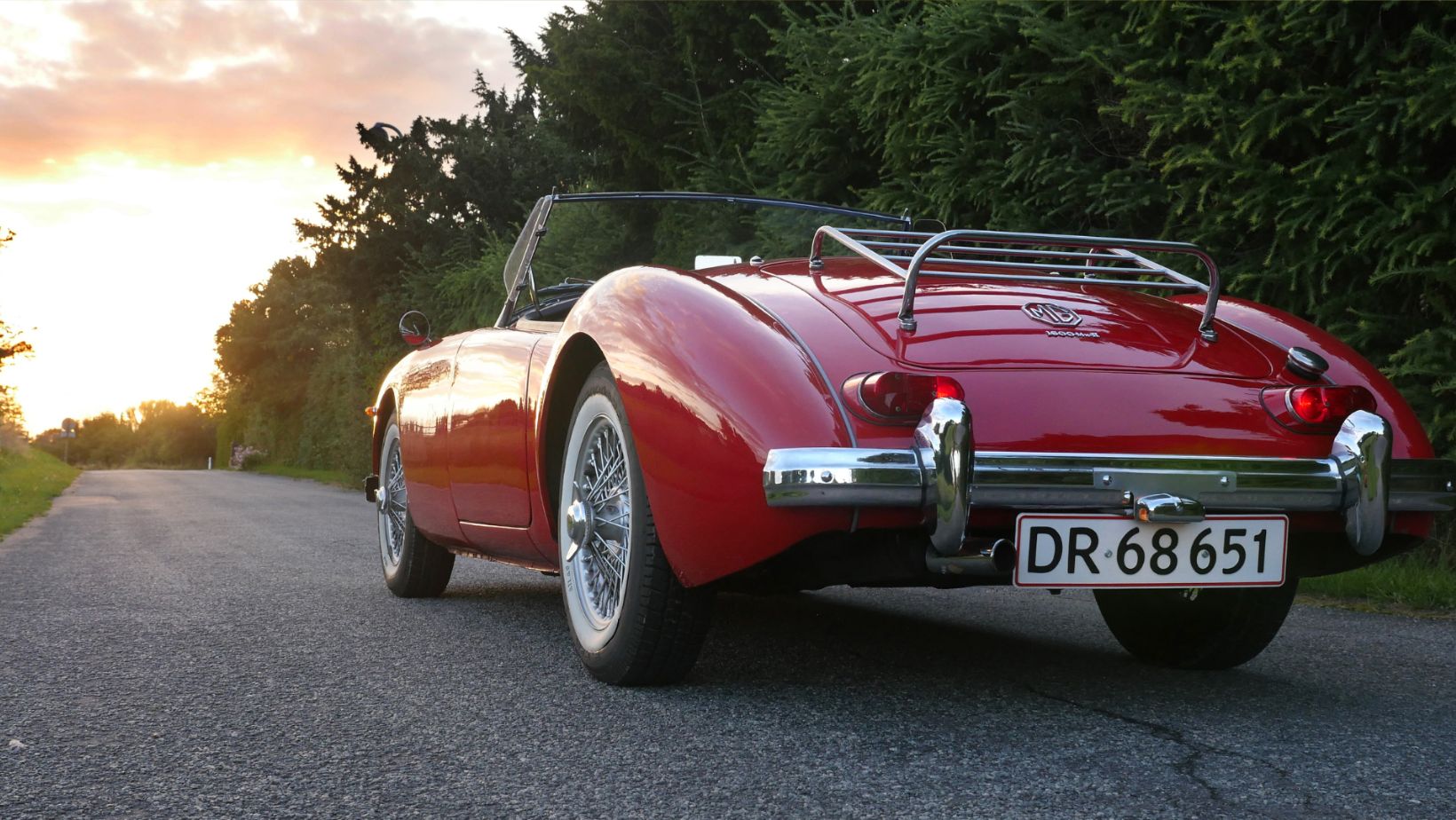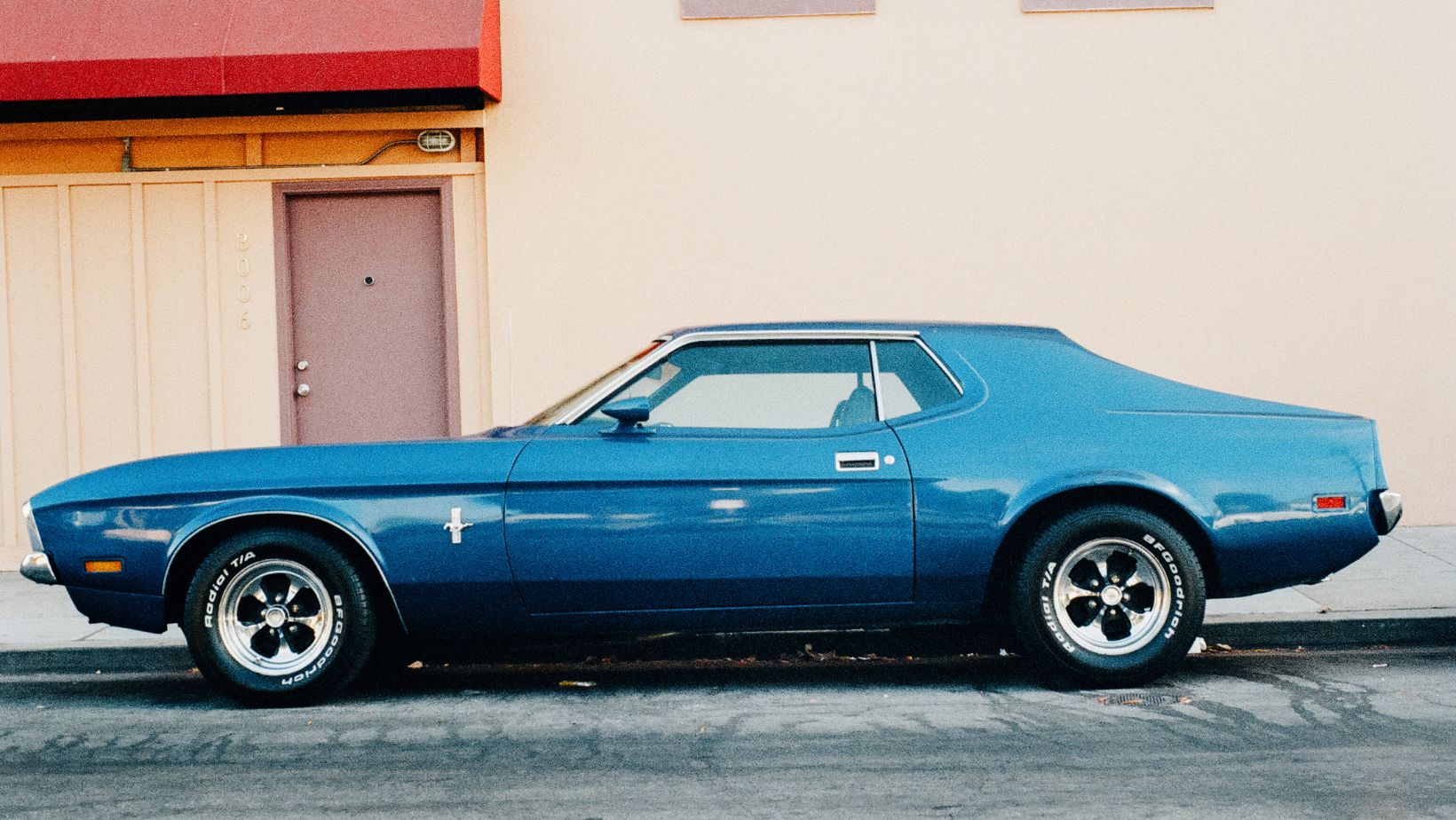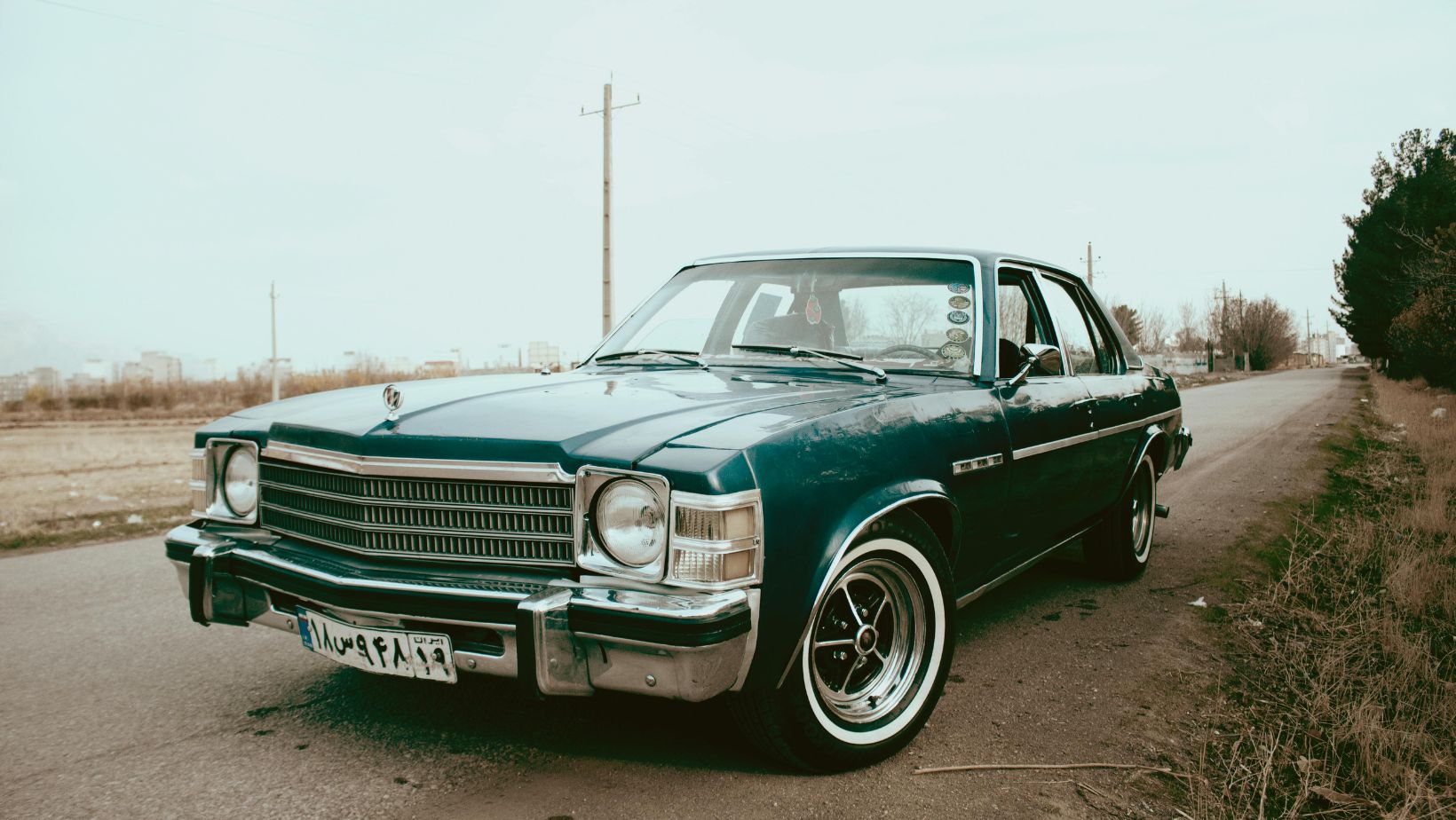 The combination of antique engines’ unmistakable sound together with vintage chrome elements and illuminated lights fascinates car enthusiasts even today. The classic car brands currently display their timeless charm to the world through strategic licensing deals that casino game developers have established. Gaming companies and automotive heritage providers united through licensing agreements have established a very unique intersection which connects automobile lovers with casino gamblers.
The combination of antique engines’ unmistakable sound together with vintage chrome elements and illuminated lights fascinates car enthusiasts even today. The classic car brands currently display their timeless charm to the world through strategic licensing deals that casino game developers have established. Gaming companies and automotive heritage providers united through licensing agreements have established a very unique intersection which connects automobile lovers with casino gamblers.
The Allure of Automotive Nostalgia in Gaming
When you explore a contemporary casino floor you’ll discover recognizable vintage cars turned into creative gaming displays that stand among various modern slots and gaming machines.
Ford and Chevrolet together with Mustang recognize the commercial potential by allowing their vintage car designs to be featured in slot machine mechanics. The combination of automotive sentiment and gaming excitement provides the gameplay with its powerful force.
Wedding casino games with familiar automotive brands generates player interest whichotherwise would not engage in standard betting machines. The strong sentimental bond people feel toward classic cars delivers an automatic fascination regardless of whether their experience includes those cars or they simply grew up seeing them.
Revenue Streams and Brand Extension
Automotive firms benefit from licensing by gaining significant income through minimal costs and capital expenses. The licensing of classic Corvette and Thunderbird slots machines becomes a multivolume revenue stream that produces millions in fees while in return preserving their historic values as public memory benchmarks.
The business arrangement between gaming partners brings benefits to both interests according to Michael Thornton who specializes in gaming industry analysis. Automobile companies make passive income through these deals together with gambling establishment developers who receive instant fame alongside ready access to their target market.
The licensing agreements work well for brands which strive to keep their classic models relevant on the market. The automotive imagery licensing agreements extend across multiple years while imposing detailed regulations for displaying the licensed material.
Game developers who collaborate with manufacturers follow precise guidelines by using authentic engine audio clips and dashboard components and exact paint specifications of vintage automobiles.
Digital Craftsmanship: Recreating Automotive Excellence
The process of creating slot machines with automotive themes unites elements from two distinct business sectors. Gaming developers partner with automotive archivists and designers to obtain precise features that appeal to serious auto fans and maintain an exciting gaming experience for casual players.
The procedure starts with complete research of the targeted model set. When developing these automotive-themed slots developers document restored classic vehicles through thorough angle photography and collect sounds from the engines and examine authentic marketing assets to encompass the distinctive attributes of these automobile heritage pieces.
The game mechanics closely follow car themes that involve driving between destinations or conducting speed competitions and classic vehicle expos.
The Psychology of Automotive Gaming Appeal
The fundamental factor which draws players to automotive-themed slot machines remains undisclosed. Psychologists point to several factors. The nostalgia factor plays a role because players frequently develop personal attachments to distinct car models that have meaning from childhood or lineage.
Cars communicate feelings of empowerment as well as social rank and accomplishment which casino gaming directly adopts from these defining elements. The casino floor managers express that classic automobile themed machines deliver superior results than standard machines specifically toward male players who fall between 45 and 65 years old.
Classic automobiles create connections between different generations of casino customers because younger players find retro styling in vintage vehicles both familiar and appealing from their background.
Balancing Heritage and Entertainment
Firms that produce automobiles need to examine licensing opportunities thoroughly. A company needs to weigh financial gains against their brand quality to make sound business decisions.
Manufacturing companies followed established rules to control graphical representations of their vehicles so they must prevent connections to dangerous driving activities and drunken activities that clash with their brand standards.
Some manufacturers turned down profitable offers since they believed the game depiction contradicted their original car philosophy. Some companies have taken advantage of this opportunity to show their classic models to new consumers because they view it as a cultural preservation practice instead of pure business expansion.
Ultimately
Traditional car manufacturers work together with slot machine developers to demonstrate how established automotive brands can discover new market potential in unrelated industries.
Through these licensing agreements automotive companies create dual economic advantages that support their historical traditions. Casinos benefit from the emotional bond people experience with classic cars because it creates avid gaming participants and impactful entertainment for their visitors.
These businesses keep developing their connections because the value of automotive history grows while gaming systems achieve stronger player immersion.
In the forthcoming era of virtual reality technology players will have the opportunity to operate digital versions of 1965 Shelby Cobras during their gaming sessions which would erase distinctions between automotive passion and entertainment.



